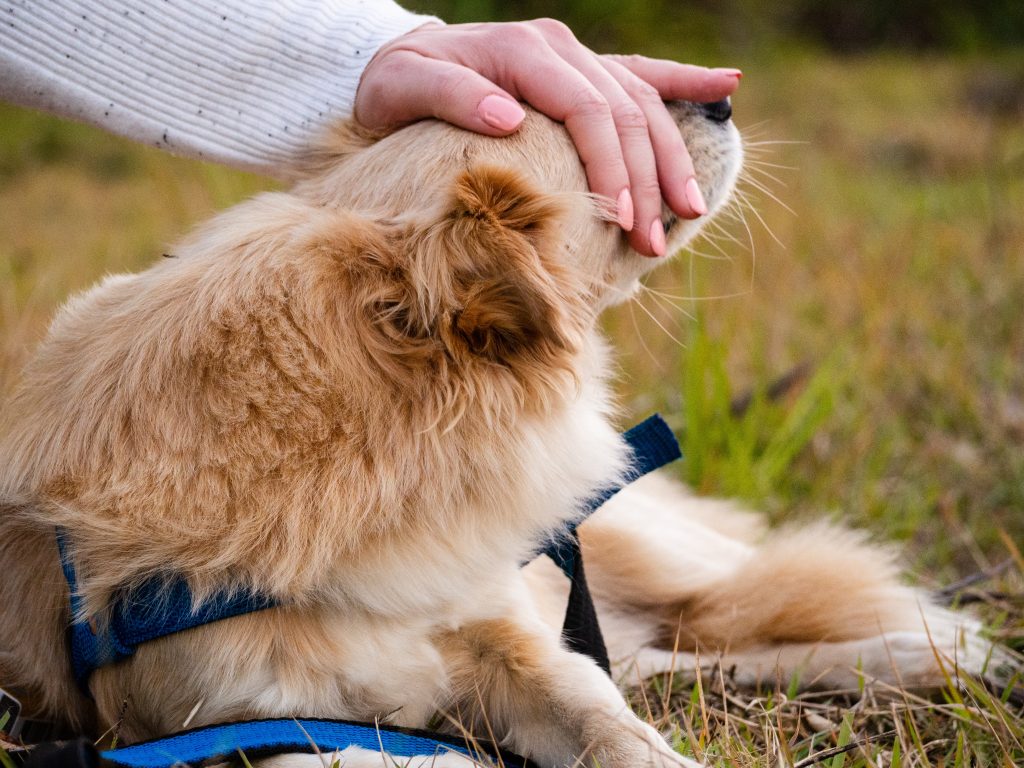As our beloved canine companions age, they may develop certain cognitive and behavioral changes that can be concerning for pet owners. One such condition that affects senior dogs is Canine Cognitive Dysfunction, also known as dog dementia or Alzheimer’s disease in dogs. This progressive neurological disorder can significantly impact a dog’s quality of life, making it essential for owners to understand its causes, symptoms, and available management strategies.
What is Canine Cognitive Dysfunction?
Canine Cognitive Dysfunction is a neurodegenerative condition that affects the brain function of aging dogs, leading to cognitive and behavioral changes. Similar to Alzheimer’s disease in humans,Canine Cognitive Dysfunction is characterized by the accumulation of protein deposits in the brain, which can disrupt normal neuronal activity and cause a decline in cognitive abilities.
Causes and Risk Factors
While the exact causes of Canine Cognitive Dysfunction Are not fully understood, several factors are believed to contribute to its development:
Age: As dogs age, their brains undergo natural changes that can increase the risk of cognitive dysfunction. Most cases of Canine Cognitive Dysfunction occur in dogs over the age of 8 years.
Genetics: Certain breeds, such as Poodles, Terriers, and German Shepherds, may have a higher predisposition to developing Canine Cognitive Dysfunction due to genetic factors.
Metabolic disorders: Conditions like hypothyroidism, diabetes, and kidney disease can increase the risk of cognitive impairment in dogs.
Nutritional deficiencies: Inadequate intake of essential nutrients, such as antioxidants and omega-3 fatty acids, may contribute to cognitive decline.
Environmental factors: Lack of mental stimulation, obesity, and exposure to toxins or head injuries can also play a role in the development of Canine Cognitive Dysfunction.
Symptoms of Canine Cognitive Dysfunction
The symptoms of Canine Cognitive Dysfunction can vary in severity and may appear gradually over time. Some common signs to watch for include:
Disorientation and confusion: Dogs with Canine Cognitive Dysfunction may appear lost or disoriented, even in familiar environments.
Altered sleep-wake cycles: They may experience disruptions in their sleep patterns, such as restlessness at night or excessive sleeping during the day.
Changes in social interactions: Dogs with Canine Cognitive Dysfunction may become more clingy, anxious, or aggressive, or they may lose interest in social interactions altogether.
House-soiling: They may have accidents in the house, even if they were previously house-trained.
Decreased responsiveness: Dogs with Canine Cognitive Dysfunction may have difficulty responding to their names or commands they once knew.
Repetitive behaviors: They may engage in repetitive behaviors, such as pacing, circling, or licking surfaces.
Changes in appetite and thirst: Some dogs may experience changes in their eating and drinking habits.
Diagnosing Canine Cognitive Dysfunction
If you notice any of these symptoms in your senior dog, it’s essential to consult with your veterinarian for a proper diagnosis. The diagnostic process may involve:
Medical history and physical examination: Your vet will gather information about your dog’s age, breed, and any pre-existing medical conditions.
Cognitive and behavioral assessments: Your vet may conduct tests to evaluate your dog’s cognitive abilities, memory, and behavior.
Blood and urine tests: These tests can help rule out other underlying medical conditions that may be contributing to the symptoms.
Brain imaging: In some cases, your vet may recommend brain imaging techniques, such as CT scans or MRI, to identify any structural abnormalities or lesions in the brain.
Managing Canine Cognitive Dysfunction
While there is no cure for Canine Cognitive Dysfunction, there are several strategies that can help manage the symptoms and improve your dog’s quality of life:
Medication: Your veterinarian may prescribe medications, which can help slow the progression of cognitive decline and improve brain function.
Dietary supplements: Certain supplements, like antioxidants, omega-3 fatty acids, and B vitamins, may provide neuroprotective benefits and support cognitive health.
Environmental enrichment: Providing mental stimulation through interactive toys, puzzle feeders, and regular exercise can help keep your dog’s mind active and engaged.
Routine and familiarity: Maintaining a consistent routine and minimizing changes in the home environment can help reduce stress and confusion for dogs with Canine Cognitive Dysfunction.
Behavior modification: Your veterinarian or a certified animal behaviorist can provide guidance on techniques to manage specific behavioral issues associated with Canine Cognitive Dysfunction, such as house-soiling or anxiety.
Supportive care: As the condition progresses, your dog may require additional supportive care, such as assistance with mobility, feeding, and grooming.
Coping with Canine Cognitive Dysfunction can be challenging for both dogs and their owners, but with proper management and support, it is possible to provide a good quality of life for your furry companion. Early recognition of symptoms and prompt veterinary intervention are crucial in slowing the progression of the disease and minimizing its impact on your dog’s well-being.
Remember, Canine Cognitive Dysfunction is not a normal part of aging, and seeking professional help is essential for ensuring your senior dog receives the care and support they need during this challenging time.




 On demand visits for urgent issues 24/7
On demand visits for urgent issues 24/7 







